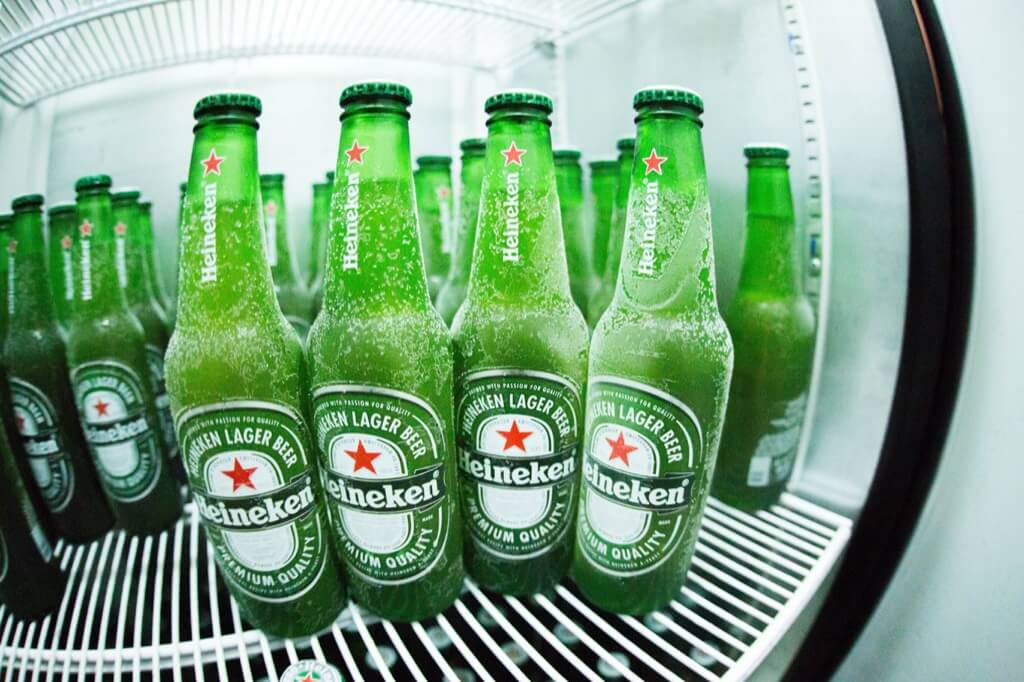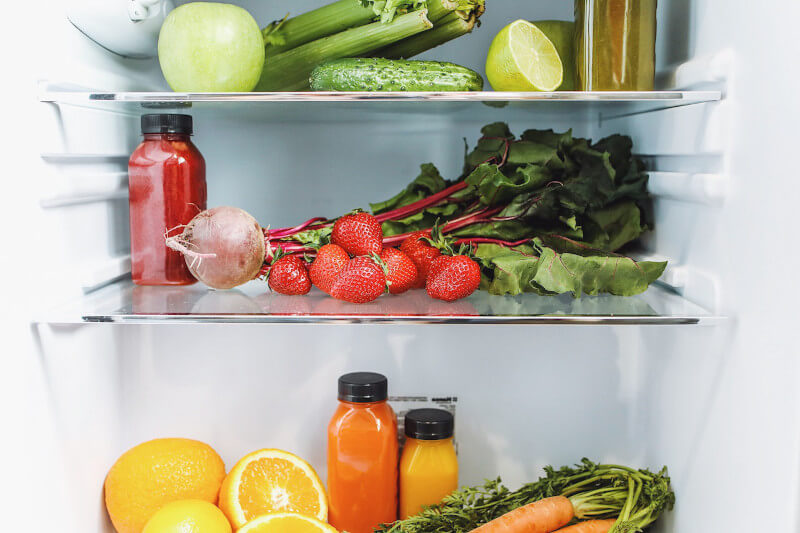Picture this: a bitterly cold evening, and someone suggests a swig of whiskey to combat the chill. It’s a widely held belief that alcohol provides warmth in cold conditions. But does it? Let’s debunk this myth for the readers of Africa Nova.
The Misunderstanding
Many believe that sipping on their favorite alcoholic drink can be their defense against the biting cold, attributing it to the initial warmth they feel post-consumption.
However, this cozy sensation is deceiving. While it may seem like your spirits are warming you from the inside out, the reality is a stark contrast. The ‘warmth’ from alcohol might be more harmful than you think, especially in colder climates.
A Toast to Science
Dr. William Haynes, Director of Clinical Pharmacology at the University of Iowa, sheds light on this misconception. He explains, “Alcohol might make us feel warm and fuzzy inside, but it’s playing tricks on our body’s innate abilities to regulate temperature, especially in colder surroundings.” Surprisingly, even a single drink can set off this misleading process.
The Science Behind the Warmth
Here’s where it gets interesting. Alcohol acts as a vasodilator, expanding our blood vessels. This pushes more blood to our skin’s surface, giving us that flushed, warm feeling. But this is where the danger lurks. While our skin might feel warmer due to the proximity of these “heat sensors”, this surface blood cools rapidly in the cold. This means that while your cheeks might be rosy and warm, your core temperature is on a downward spiral.
Red Faces, Cold Hearts
Noticed that rosy glow on someone’s face after a glass of wine? That’s alcohol’s vasodilation effect in action. But if you’re someone who turns red even after a slight tipple, be wary. Your body could be cooling much faster than you realize, making you susceptible to the cold.
A Double Whammy
To add to alcohol’s deceptive antics, a study by the Army Research Institute of Environmental Medicine found another intriguing detail. Alcohol suppresses our natural shivering response in the cold. So, not only does it lower our core temperature, but it also stops our body’s automatic warming mechanism.
Tips to Navigate the Tipsy Trail
Did You Know? Earliest Booze and Bread Buddies!
Dive back to 10,000 B.C., the late Stone Age, and you’d find our ancestors probably raising a toast with beer. It’s fascinating how this fermented drink and bread, both date back to almost the same era. So, the next time you have a beer with your sandwich, remember you’re keeping an ancient tradition alive!
More Restrictions, More Consumption?
Picture this: you’re told you can’t do something. What’s your immediate reaction? You want to do it even more, right? History has proof! When the U.S. slapped a prohibition on alcohol, guess what happened? Its consumption skyrocketed threefold. So, the next time someone tells you “No!”, remember, it’s human nature to rebel!
Aspirin Antics: The Hangover Hurdle
You might think popping an aspirin after a night out is your shield against a throbbing headache the next morning. Think again! Not only does aspirin slow down your body’s alcohol metabolism (hello prolonged drunkenness!), but combining it with heavy drinking can be a recipe for liver damage. If you’re trying to beat that hangover, here’s a quick guide:
- Alternate between alcoholic and non-alcoholic drinks. This gives your liver some breathing space.
- Stick to light-colored drinks to dodge those hangover-triggering congeners.
- Eat before you drink! Opt for carbs and essential vitamins and minerals. Oily foods? Maybe skip them if your tummy’s upset.
- Don’t forget to hydrate before bed with a tall glass of water.
- Need a boost? Consider Vitamin B tablets, not aspirins.
Party Pitfalls: Don’t Let ’em Sleep It Off!
We’ve all heard it – “Just let them sleep it off!” But if your friend’s had one too many and passes out, it’s no time for bed. Ensure they’re on their side (to avoid any choking hazards) and keep a close watch. If things look dicey, especially with breathing, call for help pronto!
Alarming Alcohol Stats
Alcohol might be a global favorite, but did you know it’s linked to 1 in 25 deaths worldwide? The numbers have been rising, especially with women taking up the bottle more often. Still, men lead the pack, with a whopping five times higher risk of death from alcohol-related issues. Here are some more sips of knowledge:
- Former Soviet Union countries? 1 in 7 deaths are linked to alcohol.
- Europe takes the cake with 1 in 10 deaths due to booze, making it the highest on any continent.
- A European typically consumes about 21.5 units of alcohol weekly, almost double the global average.
- While keeping teens away from alcohol might seem like curbing “adolescent recklessness”, there’s more to it. Alcohol can wreak havoc on their developing brains, leading to cognitive issues and learning disabilities. So, the next time you see age restrictions, remember, that it’s more about brain health than just being responsible!
Alcohol’s Illusion of Warmth
Understanding the ‘Warmth’ Sensation
Alcohol’s ability to make you feel warm is primarily due to its vasodilating effect. As a vasodilator, alcohol widens your blood vessels, especially the capillaries near the surface of the skin. This increased blood flow gives the skin a warm sensation, misleading many to believe they’re physically warmer. This can even cause a flushed appearance in those who’ve had a drink or two.
The Irony: Actual Body Temperature Drops
Despite the warm, fuzzy feeling alcohol can induce, it counterintuitively drops your core body temperature. Alcohol hampers the body’s natural reflex to stay warm, especially in cold climates. Instead of conserving warmth, your body ends up losing heat faster because of the increased blood flow to the skin’s surface.
Pros of Alcohol’s Warming Sensation
- Temporary Comfort: In chilly conditions, a drink might provide a temporary sensation of warmth, offering psychological comfort, even if it’s just a fleeting feeling.
- Social Benefits: Sharing a drink in cold weather can foster social bonds. Many cultures and communities gather around bonfires or in cozy settings, enjoying alcoholic beverages as part of their tradition or social activities.
Cons of Alcohol’s Warming Sensation
- Misleading Perception: The warmth sensation can deceive a person into thinking they’re well-insulated from cold, potentially leading to risky behaviors, like not dressing appropriately for cold weather.
- Risk of Hypothermia: Because alcohol can lower core body temperature, it increases the risk of hypothermia, a dangerous drop in body temperature that can be life-threatening.
- Impaired Judgment: Alcohol’s impact on cognitive functions can impair judgment, making individuals less likely to recognize the signs of cold or hypothermia.
- Reduced Shivering Reflex: One of the body’s primary defenses against cold is shivering, which generates heat through muscle activity. Alcohol can suppress this shivering reflex, further putting individuals at risk in cold conditions.
- Potential Health Risks: For those with certain health conditions, the vasodilating effects of alcohol can pose risks, such as increased blood pressure or complications for those with heart conditions.
Despite the tales and traditions, alcohol doesn’t do your body any favors in the cold. Instead, it tricks you into feeling warm, all while leaving you colder than before. So, the next time you reach for that drink to keep the cold at bay, think again. It might just be doing the opposite!




